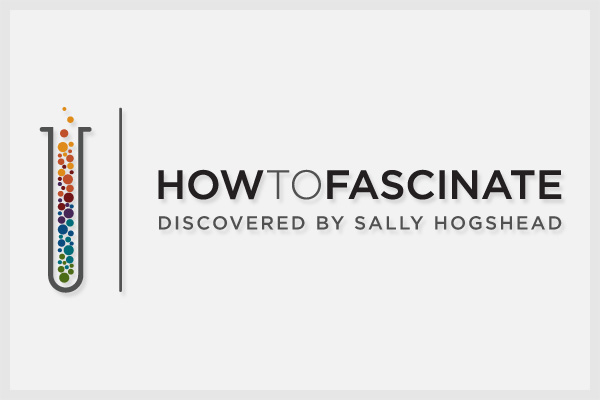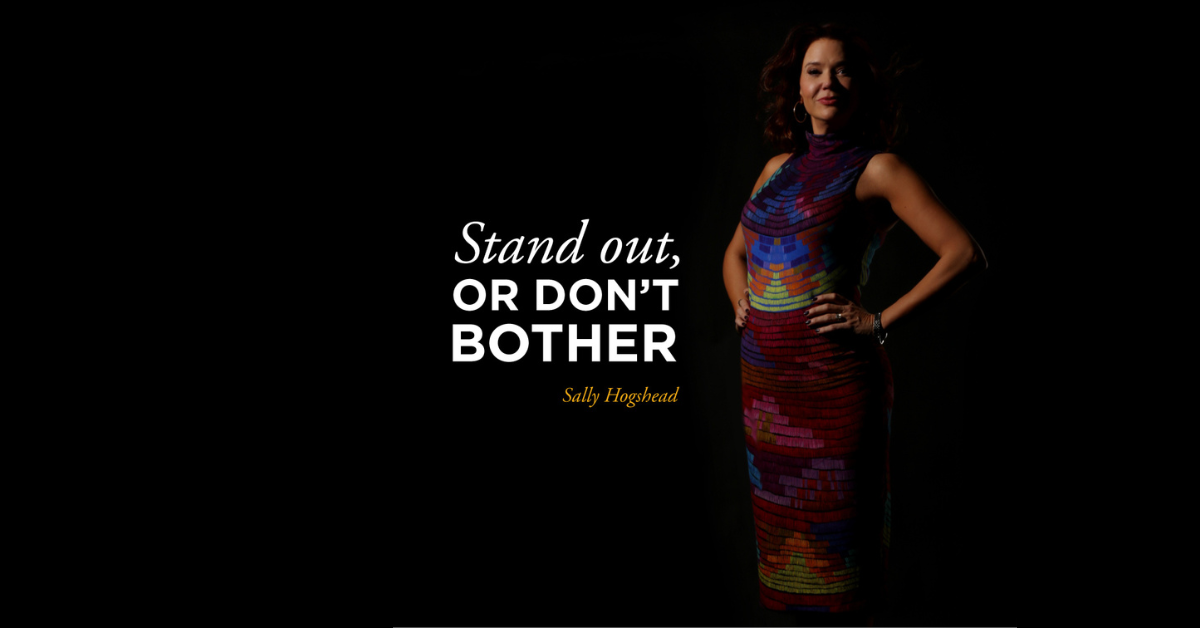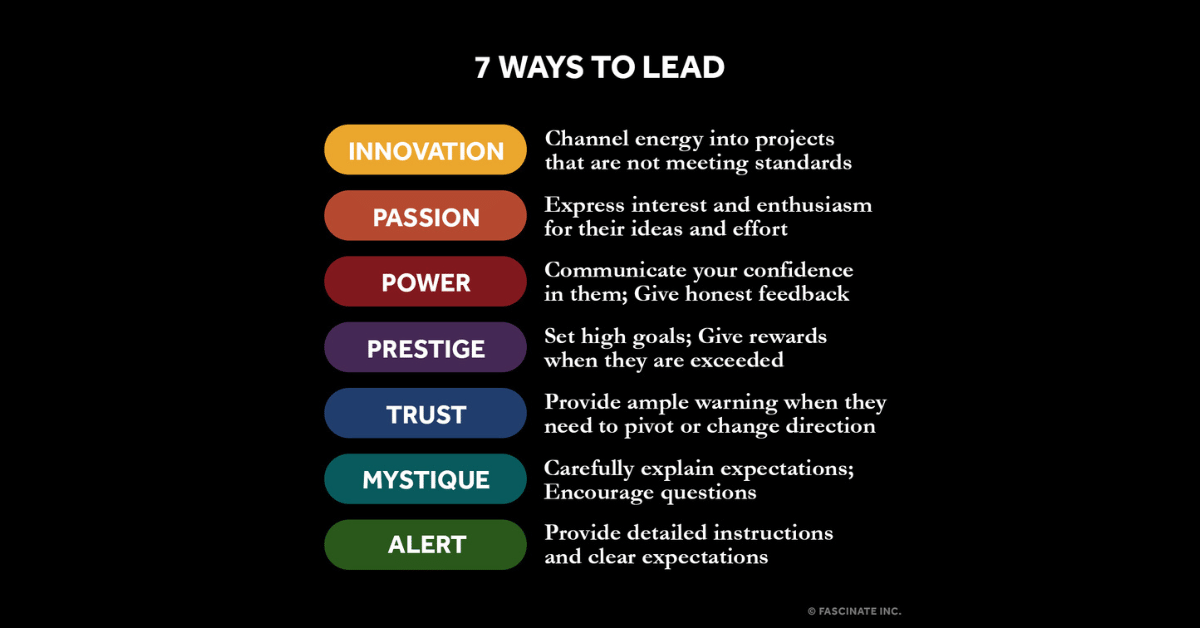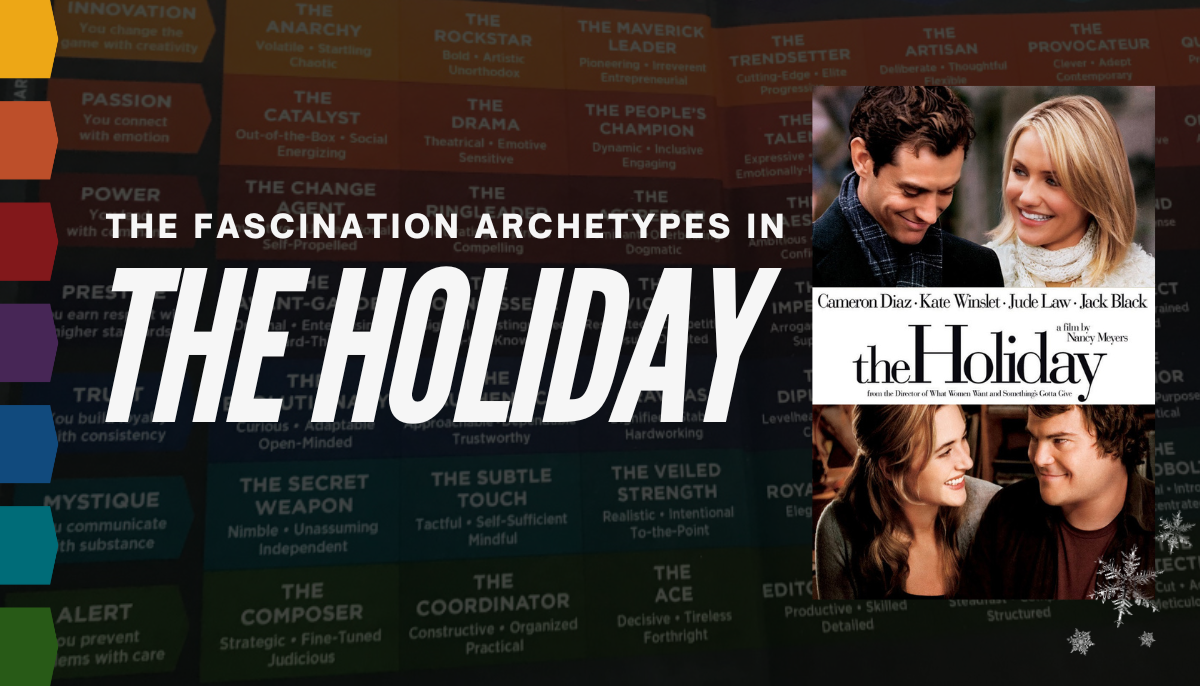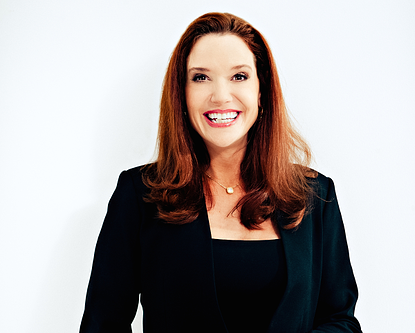
What kind of impression do you make? Do people remember you, and want to connect with you? Or will your business card become just a piece of clutter?
Your influence as a professional will be measured according to your ability to get others to listen and take action.
It can be daunting to introduce yourself at a conference or networking event. Yet those face-to-face moments give you an extraordinary opportunity to grow your professional sphere, expand your knowledge, and tap into emerging trends that directly affect you and your company.
This all begins with your ability to introduce yourself.
At a conference, a fascinating conversation is one that bypasses the usual superficial pleasantries, and instead gets to a stimulating conversation in which both sides deliver real value.
Start with understanding the people around you, and how the world sees you.
5 quick tips for introducing yourself at a conference
When you can be authentic and confident in your introductions, you’re more likely to make a positive impression.
I’m excited to be keynoting at the IBM Smarter Commerce Global Summit 2014 – Tampa in a few weeks. This event includes the crème de la crème of business leaders across categories. If you’re among the 4,000 leaders attending, here’s how to turn your natural conversational approach into a thriving connection.
1. Find one way to ADD VALUE to the conversation.
What problem is your listener facing, and how can you help them overcome it?
From the moment you meet someone, be asking yourself: “How can I add value to this person?” You want your listener to come away from the conversation feeling good about their investment of time and energy.
What can you contribute to the discussion? For example: Has your team recently learned a new way to connect via conference call, or in attracting new customers?
The key here is to add value to every interaction, so that you’re not just occupying conversational space.
2. Ask real questions.
When it comes to first impressions, your questions matter more than your answers.
The goal is to get away from trite topics, and get on a roll together in which you’re both effortlessly engaged in a subject.
You don’t have to be witty or spontaneous to ask great questions. You do have to listen, and be ready to ask real questions.
Examples of real questions:
• “What has been the most successful new business practice you’ve tried in the past year?”
• “What’s the main thing you want to get out of this conference?”
• “What is stressing out your team these days?”
The less trite, the better.
(Sure, you can ask where they’re from. But questions about geography rarely get you very far.)
3. Find out how the world sees you.
How is your personality most likely to impress and influence others? Your personality already has certain patterns of communication, and these shape how people perceive you.
I developed the first assessment to measure how your listener perceives you. The Fascination Advantage® assessment, you’ll find out what type of impression you make, and how others perceive your communication.
Once you know what makes you valuable to others, you’re more authentic and confident, and more likely to make a positive impression. It all begins with understanding how the word sees you, at your best.
4. Consider what people will ALREADY be thinking about and talking about.
It’s much easier to immediately connect with someone if you already know what they are already pondering, struggling with, or excited about.
What will people be buzzing about at your next conference? Is there an industry-wide issue that your peers face? Is everyone jittery about a concerning trend?
Before you attend your next conference, spend just a moment to consider what will already be on everyone’s mind. That helps you get in sync. What will be on your listener’s mind, and how can you become part of their current mindset?
5. Commit to a strong start.
Sometimes, it feels effortful to start a conversation. That’s why people don’t make eye contact, and instead keep scanning the room. Or they give a half-hearted greeting, waiting for the other person to do all the work.
Here’s the problem with that approach: Today, the average attention span is about nine seconds. Every time you introduce yourself, you have about nine seconds to engage your listener.
When it comes to first impressions, a weak start leads to a poor impression.
The first moments of an interaction offer your window of opportunity for connection. If you earn your listener’s interest during those nine seconds, people will be more likely to engage further. If you fail to add some sort of value in that golden window, they’re less likely to listen to what you say, let alone remember you.
Those first nine seconds are worth a little focus and energy, don’t you think?
The purpose of a conversation is not to kill time, but to grow a connection.
As you stand in the registration line, or wait for the next speaker to begin, and you strike up a conversation with the person next to you, how can you turn a random chat into a meaningful interaction? Make the moments matter.
Tweetable Bits:
Tweet: How to make a brilliant first impression: http://ctt.ec/biK9f+ via @SallyHogshead
Tweet: 5 quick tips for introducing yourself: http://ctt.ec/SU11b+ via @SallyHogshead
Tweet: Influence begins with impressions. Make a better impression: http://ctt.ec/gh0oH+ via @SallyHogshead
Tweet: When you feel authentic, you’re more fascinating. http://ctt.ec/S5FB8+ via @SallyHogshead
Tweet: The purpose of a conversation is not to kill time, but to grow a connection.
Now, here’s my question to you:
How do you introduce yourself at a conference? Do you have a question, or ice-breaker? Tell me, in the comments below.

